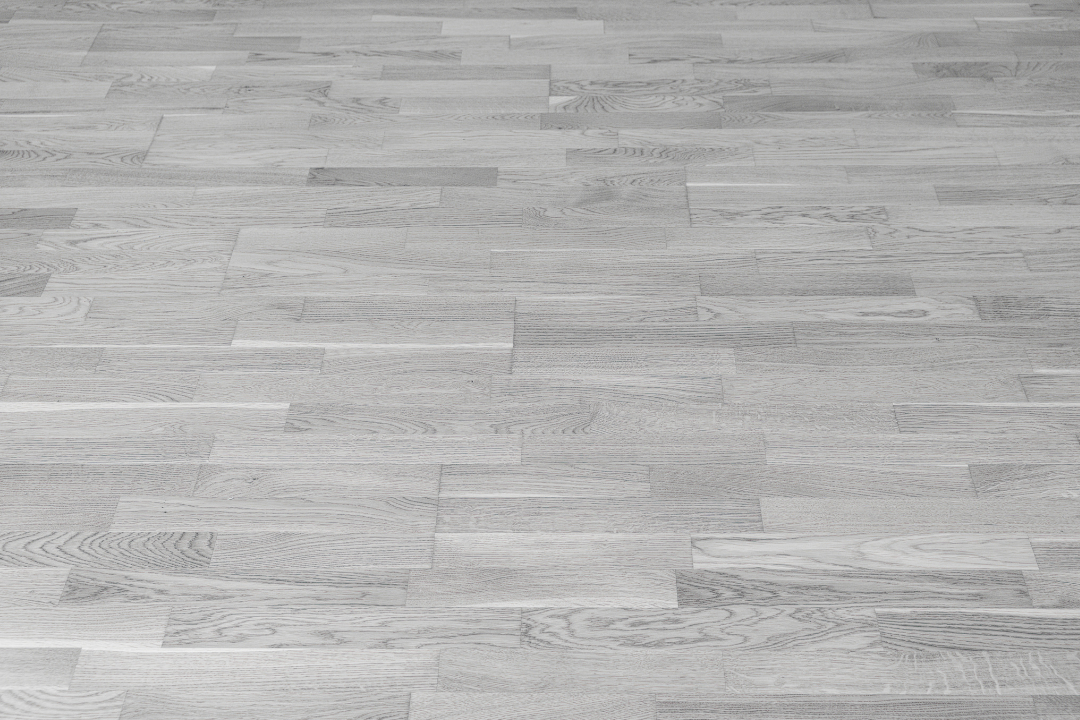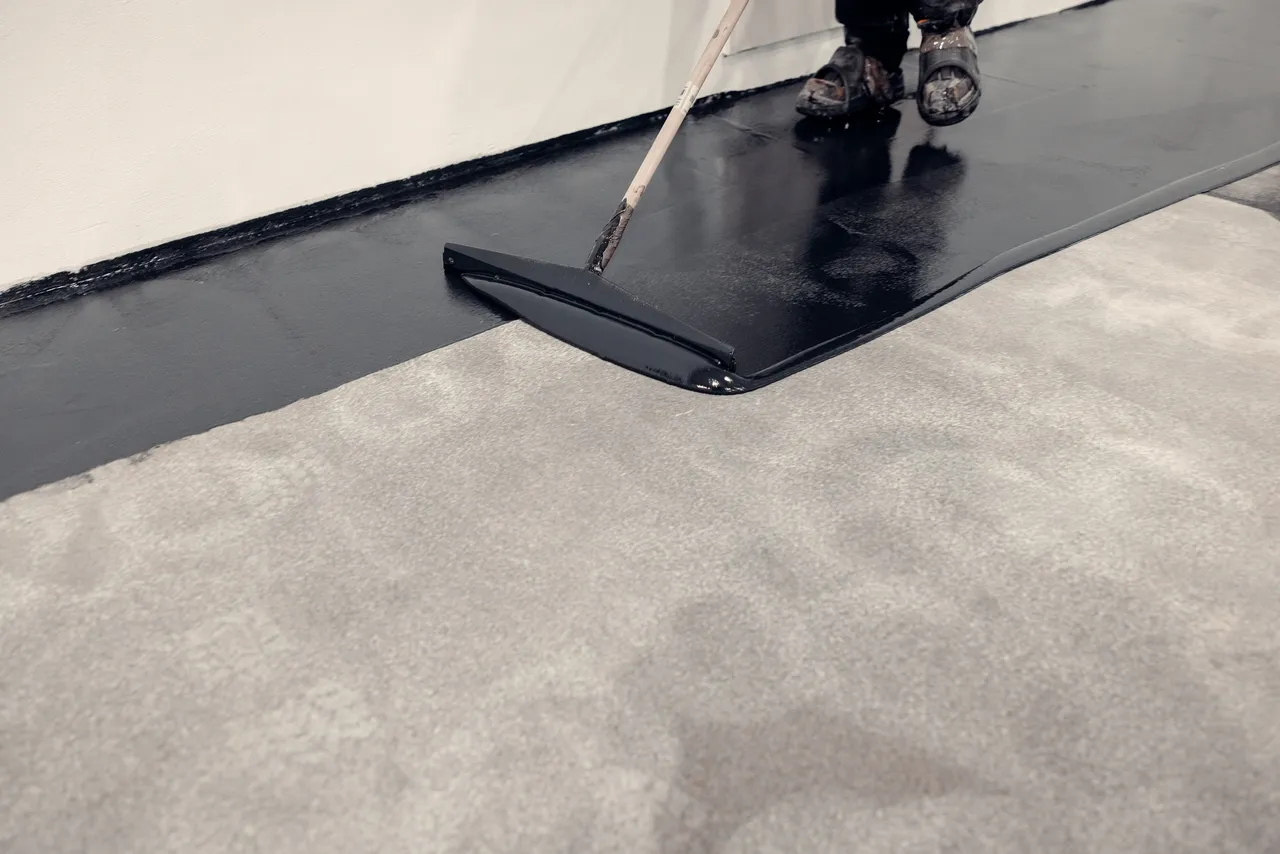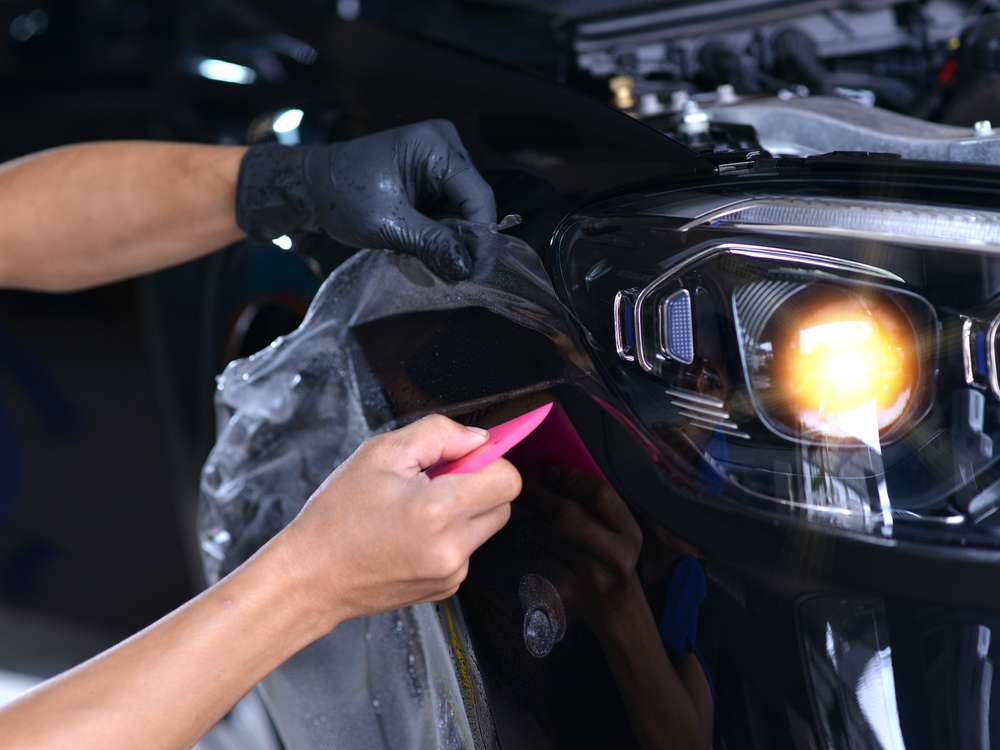When it comes to choosing the perfect flooring for your home or business, several options are available—each with its own benefits and drawbacks. Epoxy and resin floors are becoming increasingly popular, especially in the Tampa Fl area, where high humidity and occasional storms demand floors that can withstand harsh conditions. On the other hand, traditional options like tile and hardwood flooring have long been favorites in both residential and commercial spaces.
So, what’s the best choice for your property? Let’s dive into the differences between epoxy/resin floors and tile or hardwood, focusing on the specific needs of Tampa residents.
1. Durability: Which Flooring Option Lasts Longer in Florida’s Climate?
Epoxy and Resin Floors
Epoxy and resin coatings are incredibly durable and designed to withstand extreme conditions. These floors are resistant to scratches, stains, and chemicals, making them ideal for high-traffic areas. For Tampa residents, epoxy and resin floors offer a solution that can handle Florida’s high humidity levels and occasional rainstorms without degrading. In commercial spaces like warehouses and garages, they stand up to heavy equipment and constant foot traffic.
Additionally, resin floors are non-porous, preventing water from seeping in and causing damage, unlike tile or hardwood which can warp or crack when exposed to moisture for extended periods. This makes epoxy and resin flooring an excellent choice for homes near the water or businesses that experience frequent spills or weather-related flooding.
Tile Floors
Tile flooring, particularly porcelain and ceramic varieties, is durable and water-resistant, making it another good option for humid climates like Tampa’s. It can handle moisture better than hardwood, but tiles may crack or become loose if not properly installed or if exposed to heavy impacts.
Hardwood Floors
While hardwood floors are loved for their classic appeal, they don’t fare as well in humid environments. Wood expands and contracts based on moisture levels, which can lead to warping, swelling, and cracking. In areas like Tampa, where humidity is a constant, hardwood floors can quickly deteriorate if not properly maintained or sealed.
2. Maintenance: How Easy Is It to Keep Your Floors Looking New?
Epoxy and Resin Floors
One of the biggest advantages of epoxy and resin floors is their low-maintenance nature. These floors are easy to clean, requiring just regular sweeping and occasional mopping to maintain their appearance. Because they are non-porous, they don’t trap dirt or bacteria, making them ideal for both homes and businesses that prioritize cleanliness. They also resist staining, so spills are easy to clean up without leaving a trace.
Tile Floors
Tile floors are relatively easy to clean as well, but the grout between the tiles can get dirty over time, requiring special attention. While the tiles themselves are durable and water-resistant, the grout can be susceptible to staining and mold growth, particularly in the humid Florida climate.
Hardwood Floors
Hardwood floors are more maintenance-intensive than both epoxy and tile floors. They need to be regularly cleaned and require refinishing every few years to maintain their shine and prevent scratches. Additionally, hardwood floors must be sealed to protect against moisture, and even then, they may need repairs if exposed to prolonged humidity or water.
3. Cost: Which Option Offers the Best Value for Your Money?
Epoxy and Resin Floors
When it comes to cost, epoxy and resin floors are highly affordable in comparison to hardwood and tile. Installation costs are generally lower, especially for larger spaces, and the long-term maintenance is minimal, making them a cost-effective investment for homeowners and businesses alike. In the Tampa area, where homes and businesses need floors that can handle extreme weather conditions, epoxy floors offer great value for their price.
Tile Floors
Tile floors can be more expensive than epoxy or resin floors, especially when using high-end tiles like porcelain or marble. Additionally, installation can be labor-intensive, driving up costs. While tiles last a long time, the maintenance and occasional repairs can add to the overall cost of ownership over time.
Hardwood Floors
Hardwood floors are often the most expensive option upfront, both in terms of material and installation costs. They can also incur additional costs for sealing, refinishing, and repairs, especially in Florida’s humid climate. Despite their beauty, hardwood floors are generally not the most cost-effective option in the long run.
4. Aesthetic Appeal: Which Flooring Looks Best in Your Space?
Epoxy and Resin Floors
Epoxy and resin floors come in a variety of colors, patterns, and finishes, offering a highly customizable option for your space. Whether you prefer a sleek, modern look or something more artistic, epoxy floors can be tailored to suit your style. Plus, they create a smooth, glossy finish that reflects light, brightening up a room.
Tile Floors
Tile floors are a classic option that offers a wide range of design choices, from traditional ceramic tiles to contemporary stone or porcelain varieties. However, while tiles offer various design possibilities, the grout lines and joints may not appeal to everyone.
Hardwood Floors
Hardwood floors are a timeless and elegant choice, adding warmth and sophistication to any room. They can fit well with many types of decor, from rustic to modern. However, the natural grain and finish of wood can be difficult to maintain, and scratches or scuff marks can detract from the floor’s overall beauty.
5. Installation: How Fast Can You Get Your New Floors?
Epoxy and Resin Floors
Epoxy and resin floors are relatively quick to install. The process usually takes just a few days, depending on the size of the space, and there is minimal disruption to your daily activities. Once the coating is applied, it requires a few hours to cure, after which you can walk on it and start using the space.
Tile Floors
Tile installation can take longer due to the meticulous process of laying each tile and applying grout. Additionally, tiles must be allowed to set and dry before the space can be used, which could take several days.
Hardwood Floors
Hardwood floor installation can also take several days, especially if the floors need to acclimate to the humidity level in the room. Like tile, hardwood floors also require additional time for finishing or sealing.
6. Suitability for Tampa’s Climate
In Tampa, where temperatures are high and humidity levels are constantly elevated, epoxy and resin floors are an excellent choice. Their resistance to moisture and temperature changes ensures that they will remain intact and durable even in the harshest weather conditions. Tile floors can also handle moisture but are prone to grout issues and cracking. Hardwood, on the other hand, is not an ideal option for Tampa due to its vulnerability to humidity and moisture.
Conclusion: Which Flooring Option is Right for You?
Ultimately, the decision between epoxy and resin floors vs. tile or hardwood depends on your specific needs and the environment of your space. If you live in the Tampa area, where humidity and occasional storms are common, epoxy and resin floors offer superior durability, low maintenance, and cost-effectiveness. They provide an attractive, long-lasting flooring solution for homes, garages, and businesses.
Tile and hardwood floors can also work in certain settings, but they may not stand up to Florida’s climate as well as epoxy floors. Consider factors like your budget, maintenance preferences, and aesthetic style when making your decision.
If you’re ready to upgrade your floors with a beautiful, durable solution, contact SimpliSurface Solutions today. Our team of experts will help you find the perfect flooring for your Tampa home or business, tailored to your specific needs.
Contact Us Today
Ready to transform your space with durable and stylish epoxy flooring? Contact SimpliSurface Solutions for a free consultation and quote.
- Phone: (863)-381-4549
- Email: info@SimpliSurfacesolutions.com



